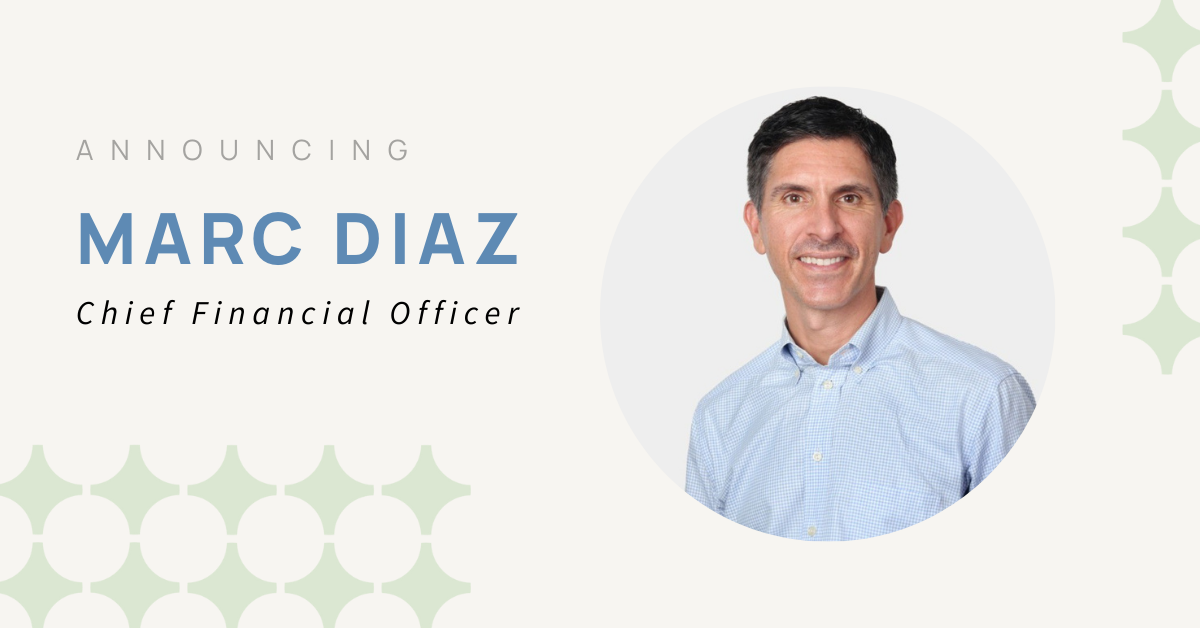By John Bloom
The concept of transparency seems to be at the forefront of every discussion about our economy of late, and the majority of those discussions presume that the reader or listener knows what transparency means. I confess to being bothered by such presumptions—thus, this inquiry into transparency. It is an abstract concept, but one essential to our relationships and economic life. I hope one outcome of this brief inquiry is a deepened understanding of what is often the root cause of the call for transparency, namely, mistrust. Further, that transparency, understood in its full implications, can transform mistrust into a new and conscious trust, an essential ingredient for healing our economy and opening us up to a positive imagination for the future.
Transparency and trust are inextricably linked in human affairs, though transparency is best understood as a means, not an end; and trust is not a thing but rather a desirable multi-faceted (my assumption) state of being that guides our actions.
What does transparency mean then in the context of finances? Most of us experience transparency in simple physics terms as we gaze out our windows to see the world with varying degrees of clarity. If we are moved to clear the film away in order to have a fuller, less mediated view, we are pointing to a process based upon increased visibility. In finances, if you cannot perceive or track what is going on with the transactions and “the numbers,” seeking disclosure through auditing would be the parallel to window cleaning. The purpose and outcome would be to trust what you see.
But there are questions about finances that reach deeper than visibility and delve into the realm of assumptions. This is where transparency is no longer solely about facts or appearances, but rather about the conceptual aspects that drive the numbers and transactions. This quality of transparency is about making the invisible visible—not what or how much, but rather the why of transactions. Of course, formulating and exposing assumptions takes us into the realm of values and judgment, and more importantly into the realm of reciprocity. By this I mean that transparency is a two-way process. We look out the window, while the rest of world can equally look in at us. Digging into the assumptions behind financial transactions, our own values and assumptions arise quite naturally as expectations about what we absorb of and reflect upon the information. Once we are comfortable with the assumptions and the resultant numbers, another level of trust emerges, one not as much tied to visibility, as it is to a quality of reciprocity. After all, the numbers represent human economic activity, and we expect to be able to see into that activity through the transactional agreement or accounting of it. This is no small feat. What hopefully becomes apparent through the reciprocal exploration is an affirmation of assumed values and intentions—a moment of deeper trust. Without this affirmation, unresolved expectations can lead to a kind of quiet conflict common to but often unaddressed in financial considerations.
Transparency and trust take another leap when there is an affirmation of mutual intentions among all parties to the transaction. This commonality of intention represents the possibility of a third level of trust that reaches through reciprocity and beyond agreement to a sense of shared vision, or appreciation of a common purpose. This level of trust engages a kind of idealism and engenders all manner of economic initiative and innovation.
In a way, there are three forms of trust that accompany financial transactions: trust in matter, or the observable; trust in others, their truth or integrity; and trust in spirit, or common intention. While transparency may on some levels feel like a right, as it is primarily treated in our current political debate on economics, it is also a vehicle for reaching trust in the three realms of matter, relationships, and common destiny. Thus the practice of transparency in finance, with full respect for the rights of privacy and safety, is an essential tool for transforming our economic future.
John Bloom is the Director of Organizational Culture at RSF Social Finance.


